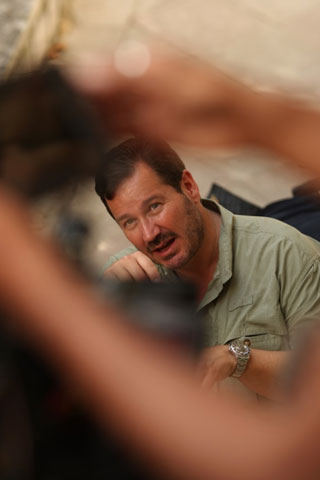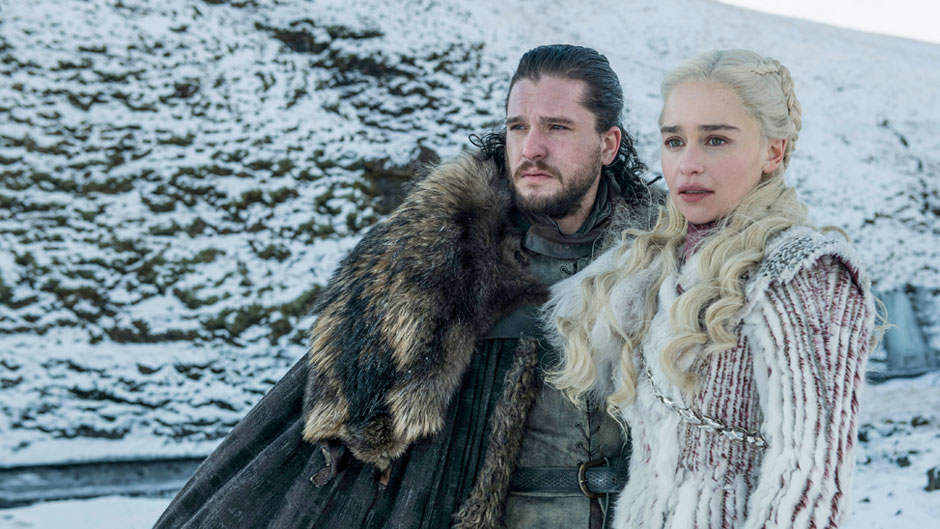After a nearly 20 month hiatus, the final season of “Game of Thrones” premieres this Sunday at 9 p.m. As the highly anticipated ending draws nearer, News@TheU caught up with one of the directors, David Nutter, who reflects on his time working for one of the most popular shows of the century.
What has your experience been like working on Game of Thrones?
Magical. Although I’ve worked on some fantastic shows over the years, and actually specialized in pilots over most of my directing career, the challenge and joy of working with David Benioff and Dan Weiss on bringing George Martin’s vision to the world – not to mention the experience of working with all the amazing actors and crew people in Belfast – has been, unquestionably, the highlight of my career.
How has it been watching this cast and the show grow and evolve throughout the years?
“Grow and evolve” is actually a great way to describe what has happened over the course of the life of the  television iteration of “Game of Thrones.” The experience of continually digging down into these characters, and their motivations, and the way the motivations change, season to season, has been such a fantastic thing to witness and direct, and the fact that I’ve been privileged to be involved in it all, from season two onward, has been amazing. And to see the younger actors literally “grow up on camera” has been the icing on the cake.
television iteration of “Game of Thrones.” The experience of continually digging down into these characters, and their motivations, and the way the motivations change, season to season, has been such a fantastic thing to witness and direct, and the fact that I’ve been privileged to be involved in it all, from season two onward, has been amazing. And to see the younger actors literally “grow up on camera” has been the icing on the cake.
Why do you think the show has such a strong following?
I think it’s a combination of the level of conflict that gets dramatized – so many of the characters are literally fighting for control of the world – with an intensive emotional, inter-personal drama that’s happening between so many disparate individuals, too. What a lot of people don’t recognize, I think, is the power of family that runs throughout the show. The whole “blood is thicker than water” theme, which is a hallmark of all drama going back to Shakespeare, is teed up so entertainingly and involvingly, in every episode of “Game of Thrones,” throughout all eight seasons, and I really think that’s the key element that connects so strongly with audiences – whether they’re aware of it, consciously, or not.
Now that the show is coming to a close, what would you say is your favorite memory working on the show?
So many great times. As much as I loved directing the “Red Wedding” and “Walk of Shame” sequences – incredibly challenging to stage, but both justifiably memorable – I think the “Daznak’s Pit” sequence, in season five, is something I’ll always cherish. It’s an epic set piece, one of the biggest-scaled scenes ever done for the show, and was definitely one of the biggest challenges I had over the course of “Game of Thrones.” I just love the surprise of the dragon’s arrival in that sequence, to save the day, and I’ll always remember that it’s the first time Dany ever rides her dragon – but not the last!
Without giving away any spoilers, what can fans expect out of the final season of “Game of Thrones”?
It is a fitting finale to one of the greatest television adventures ever produced.

